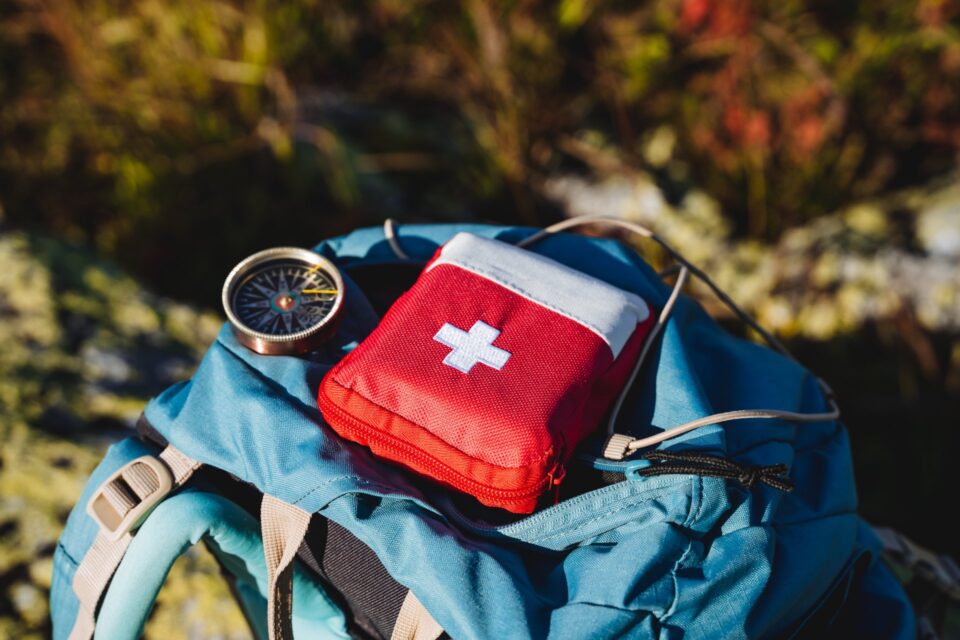Traveling is one of the most exhilarating experiences life has to offer. Whether you’re exploring ancient ruins, lounging on a beach, or hiking through verdant forests, each journey brings new adventures and memories. However, along with the excitement, travel can sometimes bring unexpected health challenges. That’s where a well-prepared travel health kit becomes indispensable. Ensuring you have the right essentials can make the difference between a smooth, enjoyable trip and a stressful one. Here’s a friendly guide to the five essential items you need in your travel health kit.
1. Medications and Prescriptions
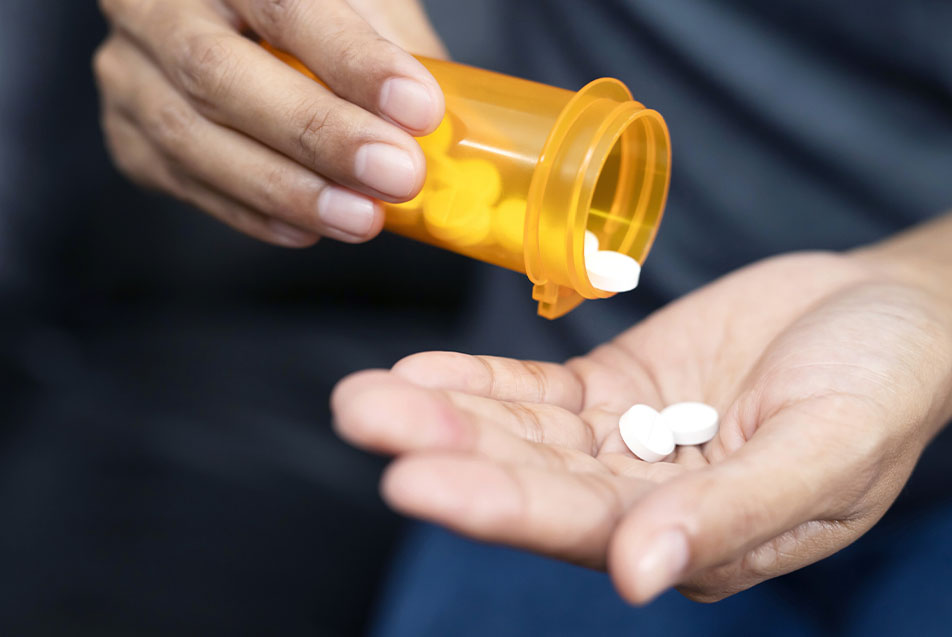
The most crucial component of any travel health kit is your personal medications. If you take prescription medications daily, ensure you have enough to last the entire trip, plus a few extra days’ worth in case of delays. It’s wise to carry a copy of your prescriptions and a note from your doctor explaining your medical conditions and the necessity of these medications, particularly if they include controlled substances.
In addition to personal prescriptions, stock up on some over-the-counter (OTC) medications. Consider packing pain relievers like ibuprofen or acetaminophen for headaches, muscle pain, or fevers. Antihistamines can be lifesavers for unexpected allergies, while anti-diarrheal medications can help you handle the infamous traveler’s diarrhea. Motion sickness pills or acupressure bands are essential if you’re prone to travel sickness.
2. First Aid Supplies

Accidents happen, and being prepared with a basic first aid kit can save the day. A small, portable first aid kit should include adhesive bandages in various sizes, sterile gauze pads, medical tape, and antiseptic wipes. These items are invaluable for treating minor cuts, scrapes, or blisters.
Including a small tube of antibiotic ointment can help prevent infections in minor cuts and scrapes. Consider packing a few blister pads if you plan on doing a lot of walking or hiking, as they provide cushioning and prevent further irritation. Tweezers and a small pair of scissors can be handy for removing splinters or cutting bandages to size.
3. Hand Sanitizer and Disinfectant Wipes
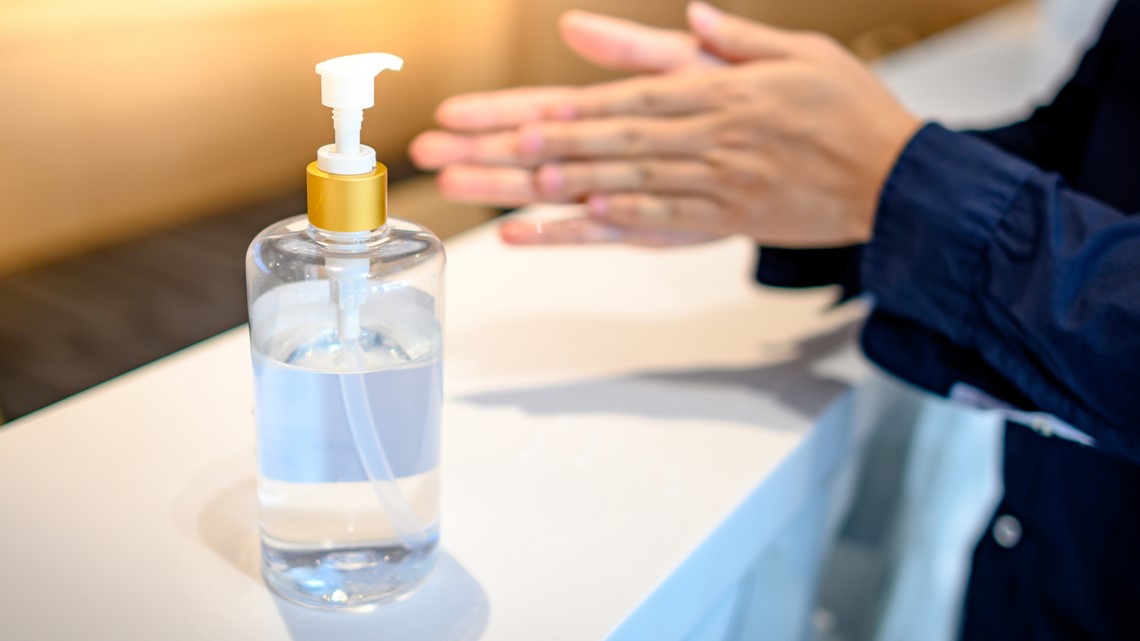
Travel often means encountering germs, especially in crowded places like airports, train stations, or public restrooms. Keeping your hands clean is one of the best ways to avoid getting sick. Pack a small bottle of hand sanitizer with at least 60% alcohol to use when soap and water aren’t available. Disinfectant wipes are also useful for cleaning surfaces in your hotel room, airplane tray tables, and other high-touch areas.
Maintaining good hygiene on the go can be challenging, but these items make it easier. For longer trips, consider including a travel-sized bottle of liquid soap and a few disposable face masks. While these items may not seem like typical first aid kit components, they play a significant role in preventing illness.
4. Sun Protection
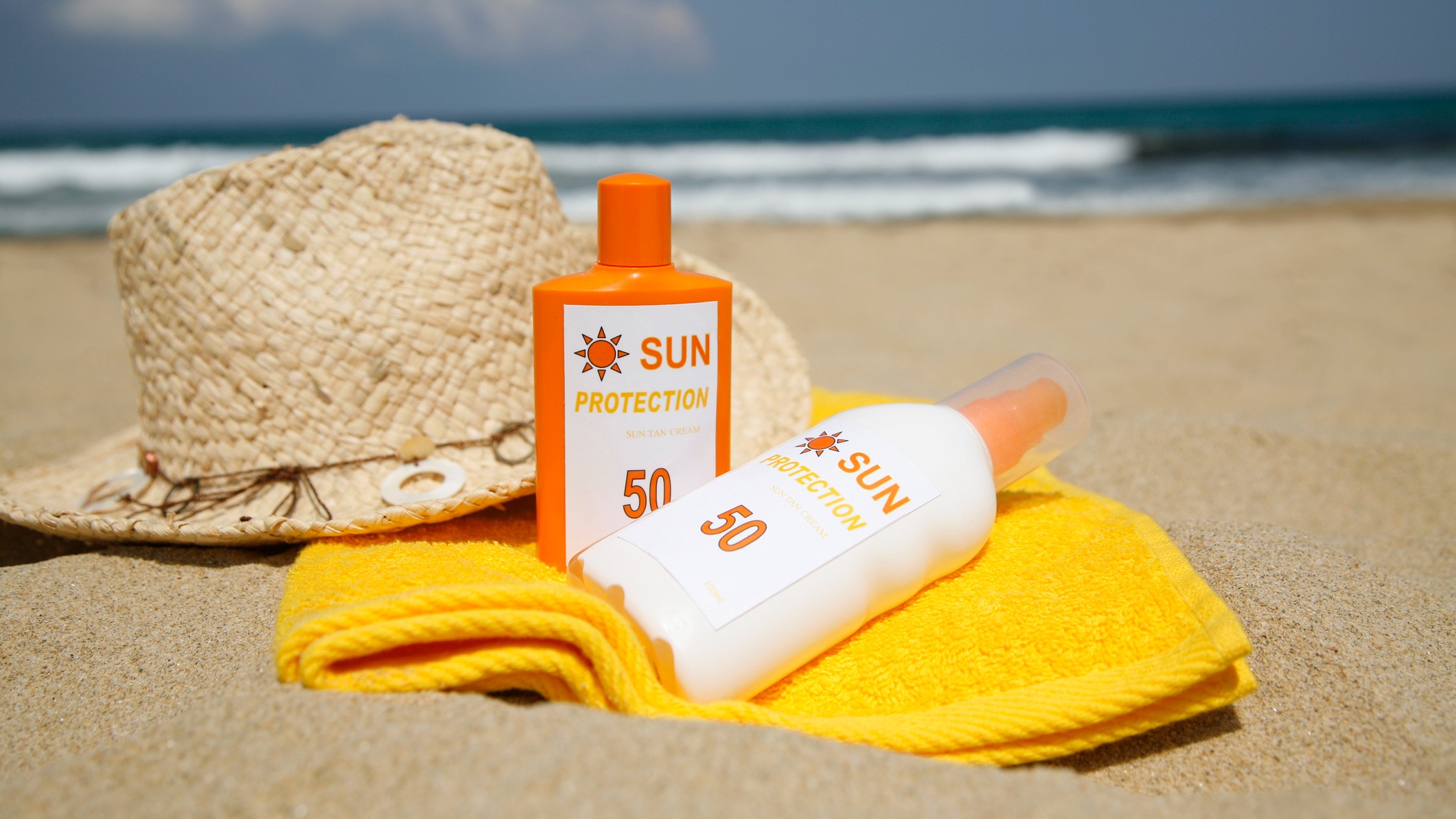
No matter your destination, sun protection is a must. Sunburn can ruin your trip and increase your risk of skin cancer. Pack a broad-spectrum sunscreen with at least SPF 30, and remember to reapply it every two hours or after swimming or sweating. Lip balm with SPF is also important, as lips are often neglected when it comes to sun protection.
Don’t forget to protect your eyes and face. A good pair of sunglasses with UV protection will shield your eyes from harmful rays, and a wide-brimmed hat can provide additional coverage for your face, ears, and neck. If you’re headed to a particularly sunny destination, consider packing a lightweight, long-sleeved shirt or a sun protection jacket.
5. Insect Repellent and Bite Relief
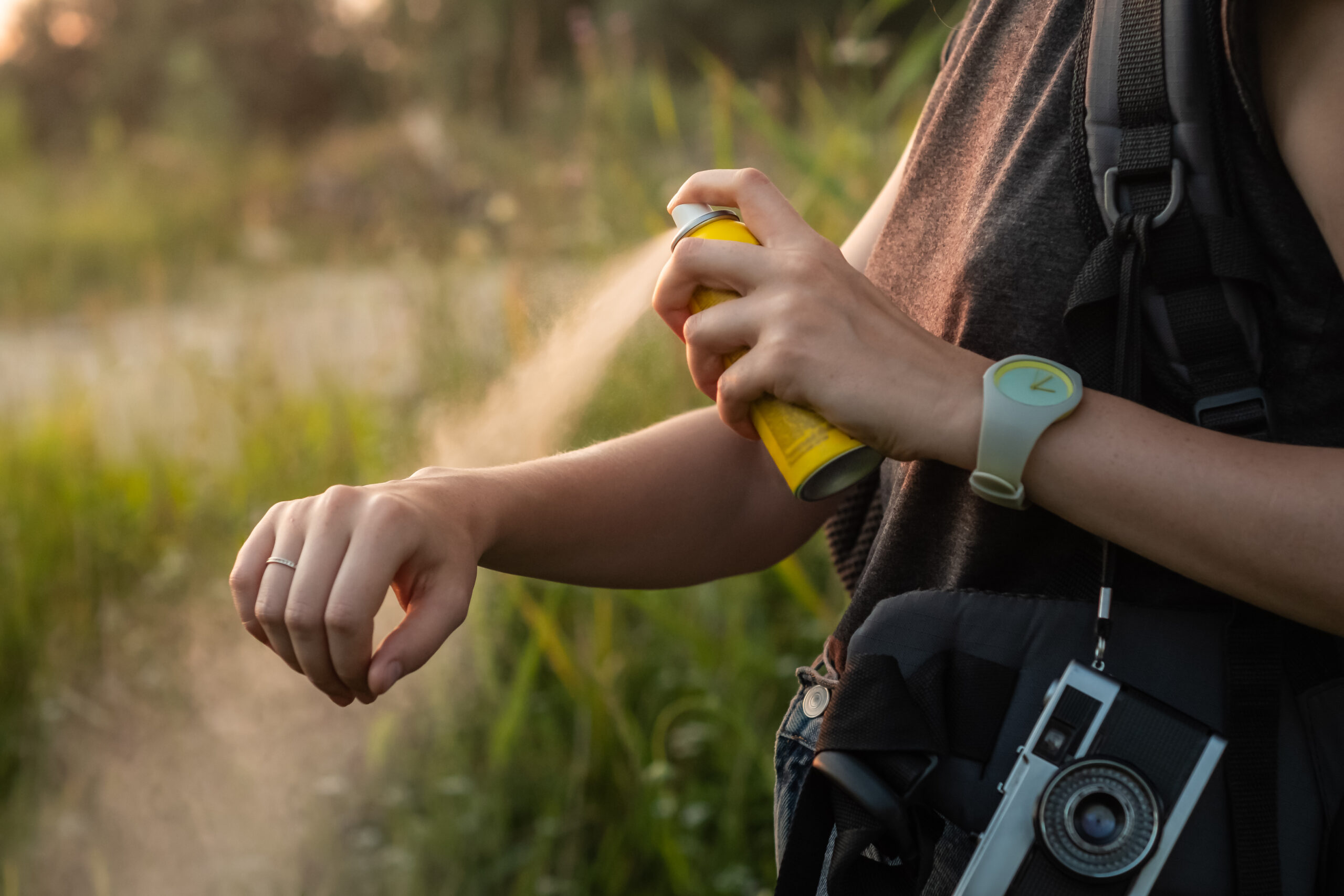
Insect bites can be more than just annoying; they can transmit diseases like malaria, dengue, and Zika. Packing insect repellent is crucial, especially if you’re traveling to tropical or wooded areas. Look for repellents containing DEET, picaridin, or oil of lemon eucalyptus for the best protection.
Despite your best efforts, bites can still happen. Include an after-bite treatment, such as hydrocortisone cream or an antihistamine stick, to relieve itching and swelling. If you’re traveling to a high-risk area, consider consulting your healthcare provider about additional preventive measures like antimalarial medications or vaccines.
Conclusion
Being prepared with a well-stocked travel health kit is essential for any trip. It not only ensures you can handle minor health issues but also provides peace of mind, allowing you to focus on enjoying your journey. Remember to tailor your kit to your specific needs and destination. Here’s a quick recap of the essentials you need:
- Medications and Prescriptions: Personal medications, pain relievers, antihistamines, anti-diarrheal medications, and motion sickness remedies.
- First Aid Supplies: Bandages, gauze pads, medical tape, antiseptic wipes, antibiotic ointment, blister pads, tweezers, and scissors.
- Hand Sanitizer and Disinfectant Wipes: For maintaining hygiene on the go.
- Sun Protection: Sunscreen, lip balm with SPF, sunglasses, and a wide-brimmed hat.
- Insect Repellent and Bite Relief: DEET-based or other effective insect repellents and treatments for bites.
By ensuring these items are packed, you’ll be ready for whatever comes your way. So pack your bags, grab your health kit, and set off on your adventure with confidence! Safe travels!

